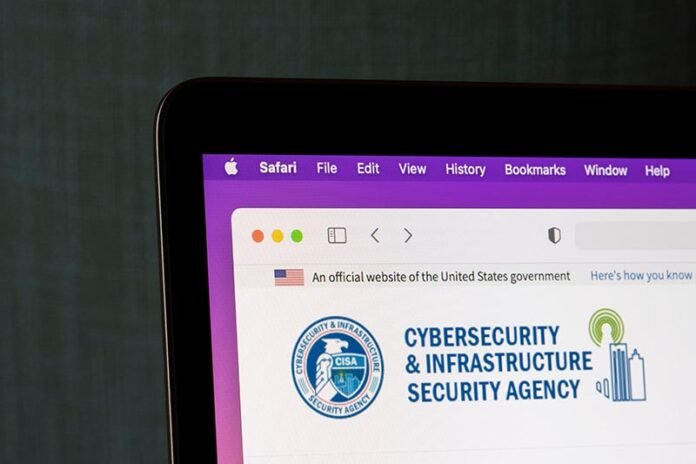Urgent Warning: Vulnerabilities in Industrial Control Systems Demand Immediate Attention
The U.S. government has issued a critical alert urging organizations to scrutinize their operational technology (OT) networks following the discovery of significant vulnerabilities in industrial control system (ICS) hardware. This warning comes from the Department of Homeland Security’s Cybersecurity and Infrastructure Security Agency (CISA), which has identified a serious flaw in Mitsubishi Electric’s air conditioning controller line. With a CVSS score of 9.3, this vulnerability is classified as critical and poses a substantial risk to organizations relying on these systems.
Understanding the Vulnerability
The vulnerability, designated as CVE-2025-3699, arises from an authentication error that could enable attackers to bypass login checks. This flaw allows unauthorized individuals to gain remote control over affected air conditioning systems, potentially leading to unauthorized access to sensitive information or even manipulation of the firmware. CISA has highlighted that this vulnerability affects 26 different models of Mitsubishi Electric industrial controllers, all linked to air conditioning systems.
The Implications of Exploitation
While tampering with an air conditioning controller might seem trivial in cooler climates, the implications can be dire in warmer regions, especially during peak summer months. The loss of air conditioning can escalate into a safety risk, particularly when these systems are integrated with refrigeration and cooling mechanisms essential for various industries.
Moreover, the risk extends beyond immediate operational disruptions. Vulnerable ICS hardware can serve as a gateway for attackers to conduct lateral movement within a network. Cybercriminals often exploit seemingly insignificant devices to gain access to more critical systems, thereby compromising the integrity of entire operational networks.
The Importance of Regular Updates
One of the most alarming aspects of this vulnerability is that ICS hardware often goes overlooked when it comes to regular patches and updates. Many organizations prioritize updates for IT systems while neglecting their OT counterparts, which can lead to significant security gaps. CISA emphasizes that compromised ICS hardware can grant threat actors access to vital infrastructure, making it imperative for organizations to prioritize security measures for these systems.
Recommendations from CISA
To mitigate the risks associated with this vulnerability, CISA has provided several recommendations for organizations:
-
Configuration Checks: Ensure that air conditioning systems are configured correctly according to Mitsubishi Electric’s guidelines. Proper configuration can significantly reduce the risk of exploitation.
-
Defensive Measures: Organizations should implement defensive strategies to safeguard against potential attacks. This includes conducting thorough impact analyses and risk assessments before deploying any defensive measures.
-
Regular Audits: Conduct regular audits of OT networks to identify and rectify any vulnerabilities. This proactive approach can help organizations stay ahead of potential threats.
- Employee Training: Educate employees about the importance of cybersecurity in OT environments. Awareness and training can empower staff to recognize and report suspicious activities.
Conclusion
The recent disclosure of vulnerabilities in Mitsubishi Electric’s ICS hardware serves as a stark reminder of the importance of cybersecurity in operational technology networks. As organizations face increasing threats from cybercriminals, it is crucial to remain vigilant and proactive in safeguarding critical infrastructure. By following CISA’s recommendations and prioritizing regular updates and audits, organizations can significantly reduce their risk of exploitation and ensure the integrity of their operational technology systems.


